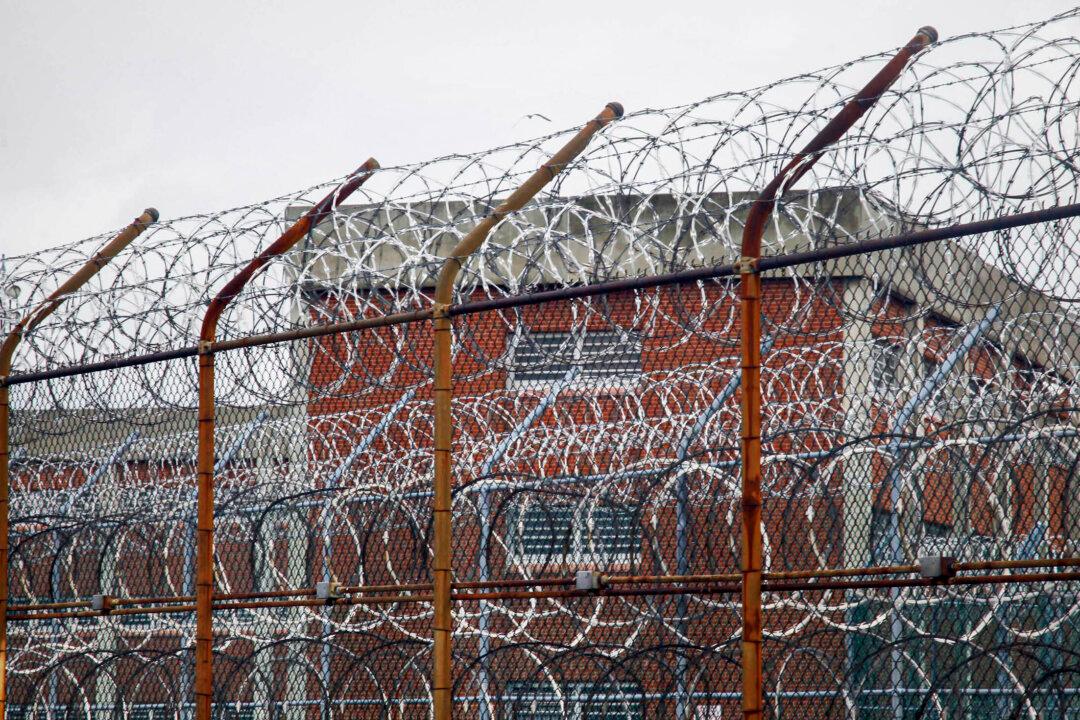A judge on Tuesday temporarily blocked President Donald Trump’s executive order, which mandated that transgender inmates who identify as women be housed in male prisons and that the government cease funding their access to hormone therapy.
Judge Blocks Trump’s Order to Transfer Men Who Identify as Women to Male Prisons
The order states that it is the policy of the United States to recognize that there are two sexes only: male and female.

Undated file photo shows a barbed wire fence outside inmate housing at a correctional facility in New York. Bebeto Matthews/AP Photo



